HVAC Advice and Tips

Winter HVAC Maintenance Tips for NorCal and Beyond
Save money on repairs with winter HVAC maintenance by following this helpful guide for NorCal homeowners from the experts at Elevated Comfort.

4 Harmless Furnace Smells (and 3 to Worry About)
Furnace smells are a warning that something’s not quite right with your HVAC system. Uncover their meaning with this helpful guide.
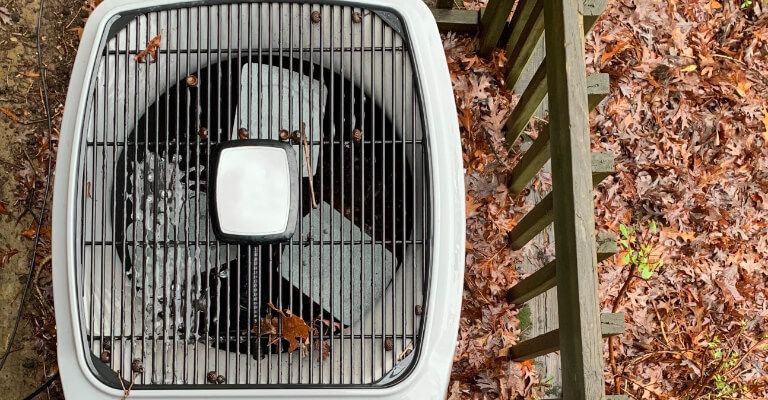
6 Simple HVAC Safety Tips for the Spooky Season and Beyond
These simple-to-use HVAC safety tips from the experts at Elevated Comfort make it easy to keep your home safe as the weather changes this fall.
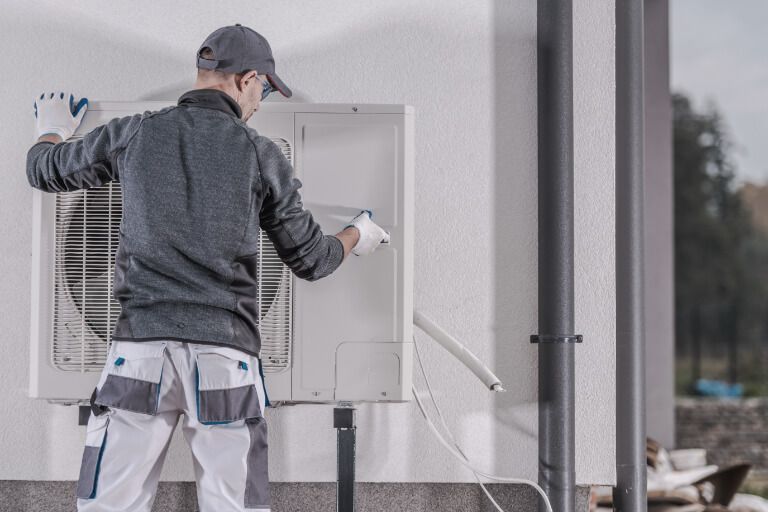
Heat Pump HVAC Systems: The Future of Home Heating in Santa Rosa CA
Heat pump HVAC systems are becoming more and more popular in Santa Rosa CA. Learn why in this informative guide from Elevated Comfort!
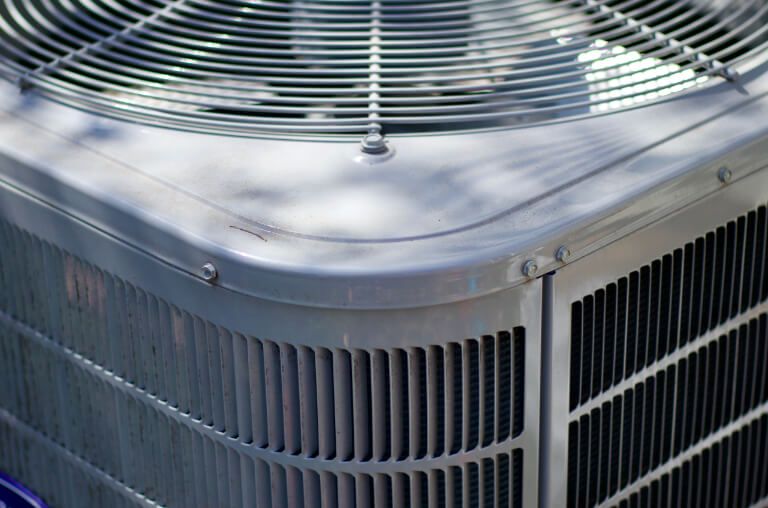
5 HVAC Troubleshooting Tips You’ll Wish You Knew Sooner
Check out these 5 HVAC troubleshooting techniques from the specialists at Elevated Comfort. Having difficulties? Try these strategies to save time and money!
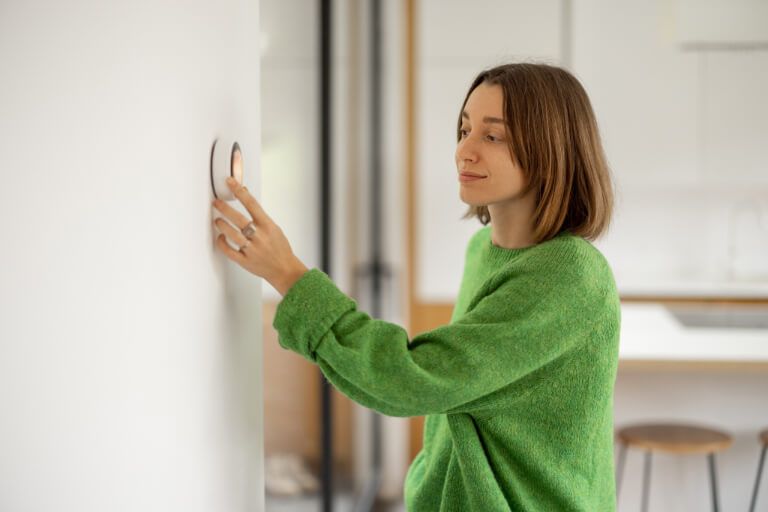
Best AC Setting for Sleep, Work, and Savings
Discover the best AC setting for keeping your energy bill manageable, and enjoy better sleep, productivity, and other benefits with this helpful guide!
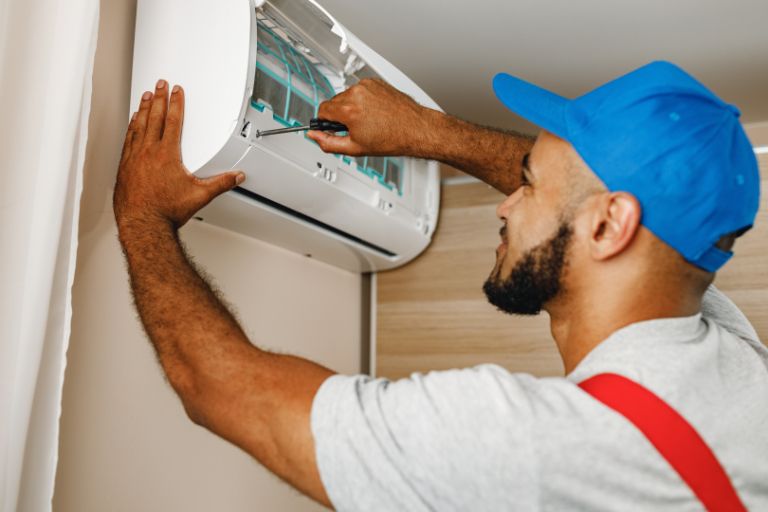
AC Replacement Season: 5 Reasons to Upgrade This Fall
From energy savings to comfort, there are many benefits to AC replacement. Check out our top five reasons fall is the best time for it.

An HVAC Company Founder’s Story: The Evolution of Elevated Comfort
Get a candid behind-the-scenes look into the origins and founding of an HVAC company that soared to new heights!
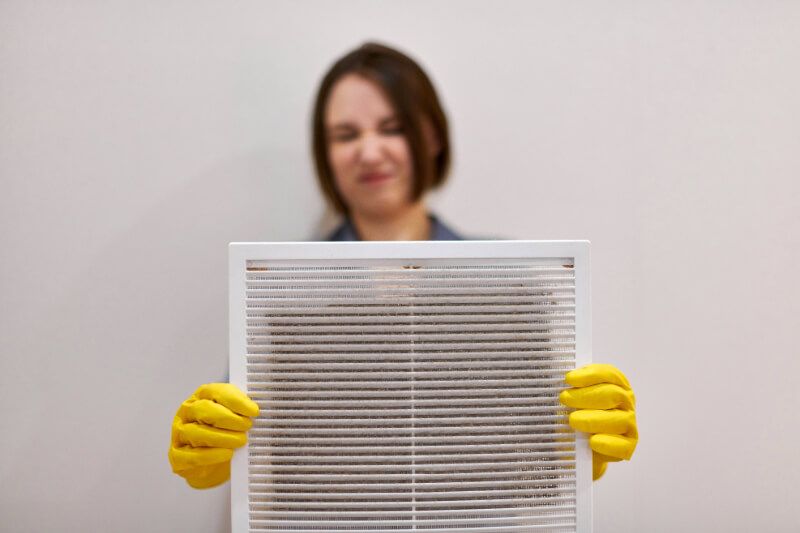
HVAC Maintenance Tips: 5 Spring Cleaning Practices
Now that spring is in full swing, it’s time to start thinking about implementing HVAC maintenance tips. Many people wait until the summer heat sets in to address any issues with their HVAC system, but this can be a huge mistake. If you want to keep your home or business cool and comfortable all season […]
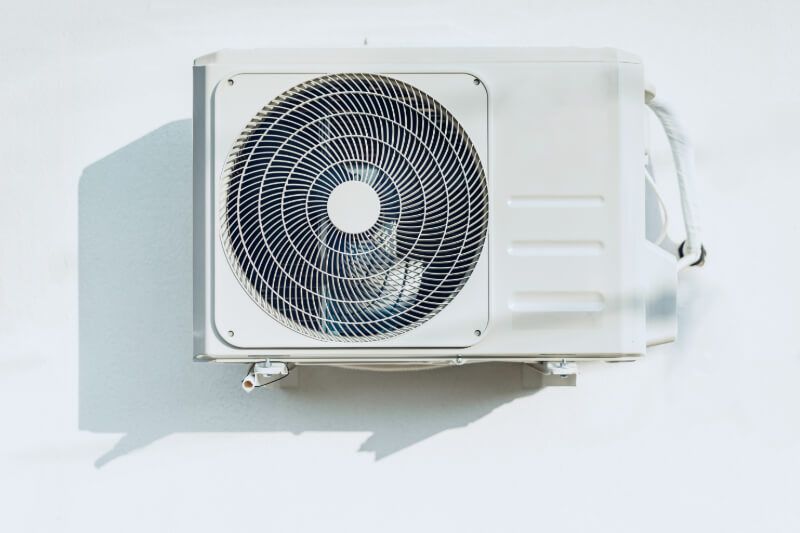
5 Benefits of Regular AC Maintenance
Most people only call an AC technician when there is something wrong with their unit. However, regular AC maintenance from a professional HVAC service provider, like Elevated Comfort, can prevent problems from occurring in the first place. It can also save you money on your energy bills and keep your property value intact. In this […]

Free Second Opinion HVAC Estimates from Seasoned Professionals
If your HVAC system isn’t working correctly, you may be tempted to shell out your hard-earned cash for a replacement or extensive repairs. Before doing so, however, it’s always a good idea to get a second opinion from a seasoned professional. No technician is perfect, and sometimes what seems like a significant issue could actually […]
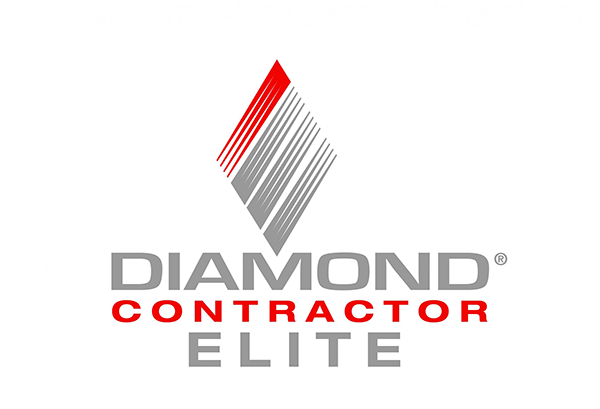
Mitsubishi Electric Diamond Elite Contractors
At Elevated Comfort, we pride ourselves on offering the best HVAC services in and around Santa Rosa, CA. That includes our Diamond Elite Contractor status for Mitsubishi Electric HVAC systems. Our expert technicians understand the intricate and powerful systems from Mitsubishi Electric, and we use that extensive knowledge to bring tangible benefits to our customers. What Makes […]